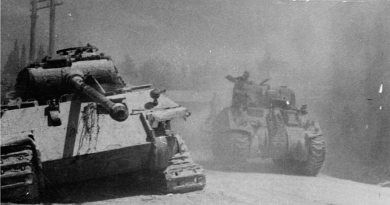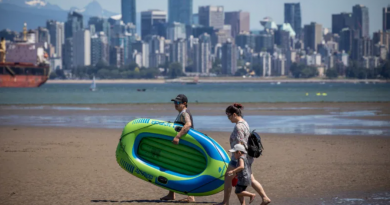Communities in northern Canada struggling with high fuel prices
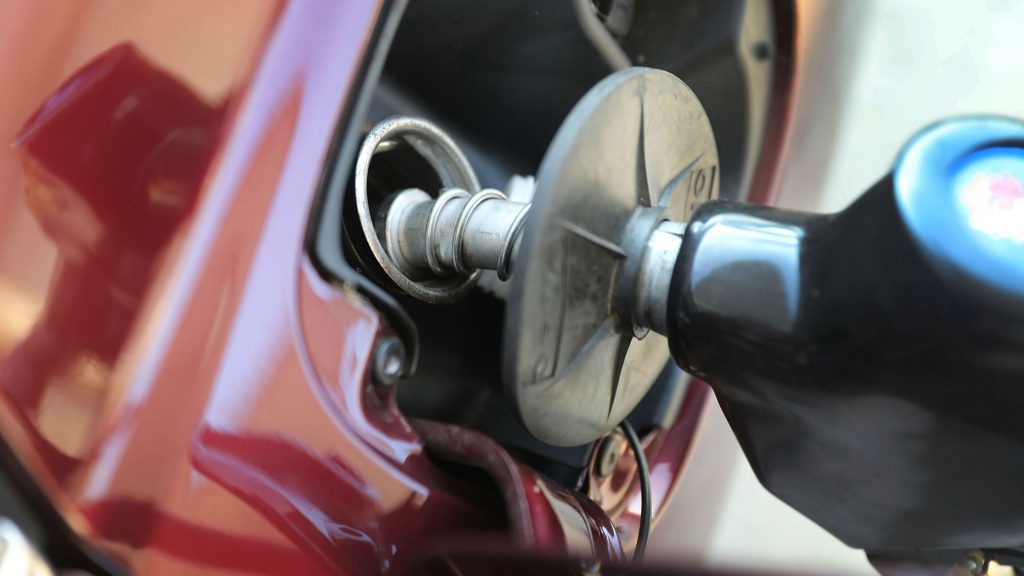
In Aklavik, in Canada’s Northwest Territories, $40 worth of gas won’t get you very far.
“You barely get five gallons of gas,” said Allen Kogiak, an employment and training officer with the Aklavik Community Corporation.
“Maybe it lasts a day or two with this cold weather.”
Kogiak has a car and uses a Ski-doo to go fishing, haul wood, and do short trips on the land.
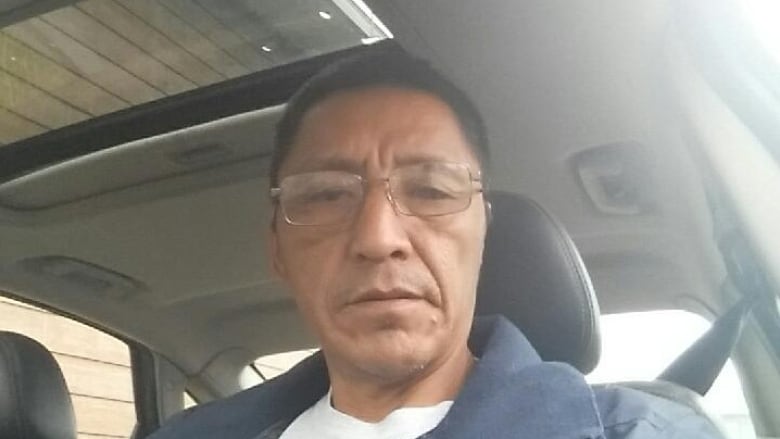
Kogiak said it’s not hard to pour $500 to $600 into your vehicle in a month, but residents don’t have a choice.
“We basically have to live with those prices,” said Kogiak. “We need the fuel, we need the gas.”
Gas prices are notoriously high in N.W.T.’s more remote communities. But unlike the rest of Canada, where prices rise and fall with the markets, there is little respite.
Aklavik has two gas bars, both of which are supplied by Arctic Petroleum Services Ltd., a company with offices in Inuvik and ownership in Edmonton. Arctic Petroleum also supplies to Inuvik.
Gov’t supplying some communities
On Friday, gas in Aklavik cost $1.80 and $1.83 per litre at the Northern Store and Bob’s Welding, respectively. Those prices include the store’s mark-up at the pump.
Aklavik is one of the few remote communities in the territory that has a commercial fuel market.
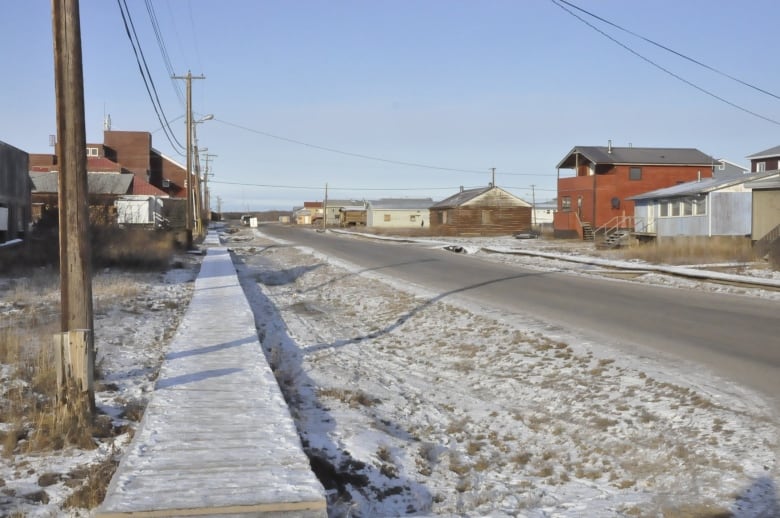
Sixteen other communities get fuel from the government, because local commercial markets simply don’t exist, said John Vandenberg, assistant deputy minister at the territory’s infrastructure department.
“People can’t do without fuel in the Northwest Territories,” said Vandenberg.
“When the private sector isn’t there, then the government steps in.”
The government’s fuel services division lists its retail prices online. They range widely — from $1.45 a litre in Wrigley (central N.W.T.) to $1.92 in Tsiigehtchic (in the territory’s northwest).
The government sets its prices based on the actual cost of fuel plus transportation, storage and the commission paid to the community’s gas seller, be it Arctic Circle Enterprises in Fort Good Hope or Lucy’s B&B in Jean Marie River.
Aklavik supplied once per year
And then of course, there are federal and territorial taxes.
In a government-supplied community like Ulukhaktok (which has $1.76/litre), north of the Arctic circle, all those extra costs account for about half the retail price of gas, said Vandenberg.
The federal carbon tax, which is set to hit territorial pumps on July 1, will push prices even higher.
Aklavik is among the priciest communities to buy gas.
Susan Eveleigh, the general manager of Arctic Petroleum, said the hamlet is supplied with fuel once a year. It comes up by barge from the west coast of the United States.
Aklavik’s prices haven’t changed since the last load was brought in, around the end of September, said Eveleigh.
Sachs Harbour, north of the Arctic circle, also gets fuel just once a year, by barge, when the ice melts.
There, the price of fuel changes only after the new shipment arrives, said Vandenberg.
Infrequent deliveries lock prices for long periods of time, said Dan McTeague, senior petroleum analyst with gas price tracker gasbuddy.com.
It was a “crazy summer” for fuel prices, said McTeague.
Any communities that had fuel bought for them in the summer will continue paying those high prices until the next supply comes in.
People still going out on the land
Because shipments are contingent on open water or frozen ice roads, the government does not have the ability to buy fuel when prices are low, said Vandenberg.
“We have to buy the fuel when we’re ready to move it,” he said.
Fred Behrens, Aklavik’s senior administrative officer, says high gas prices aren’t stopping people from going hunting and trapping.
“They may not go out as far, because they won’t be able to afford as much gas … but everyone still goes out,” he said.
Related stories from around the North:
Canada: Jet fuel shortage disrupts flights in isolated region of Northern Canada, CBC News
Finland: Finnish chemistry professor develops “revolutionary” biofuel, Yle News
Russia: Arctic electric rally hits the road towards Northwestern Russia, The Independent Barents Observer


